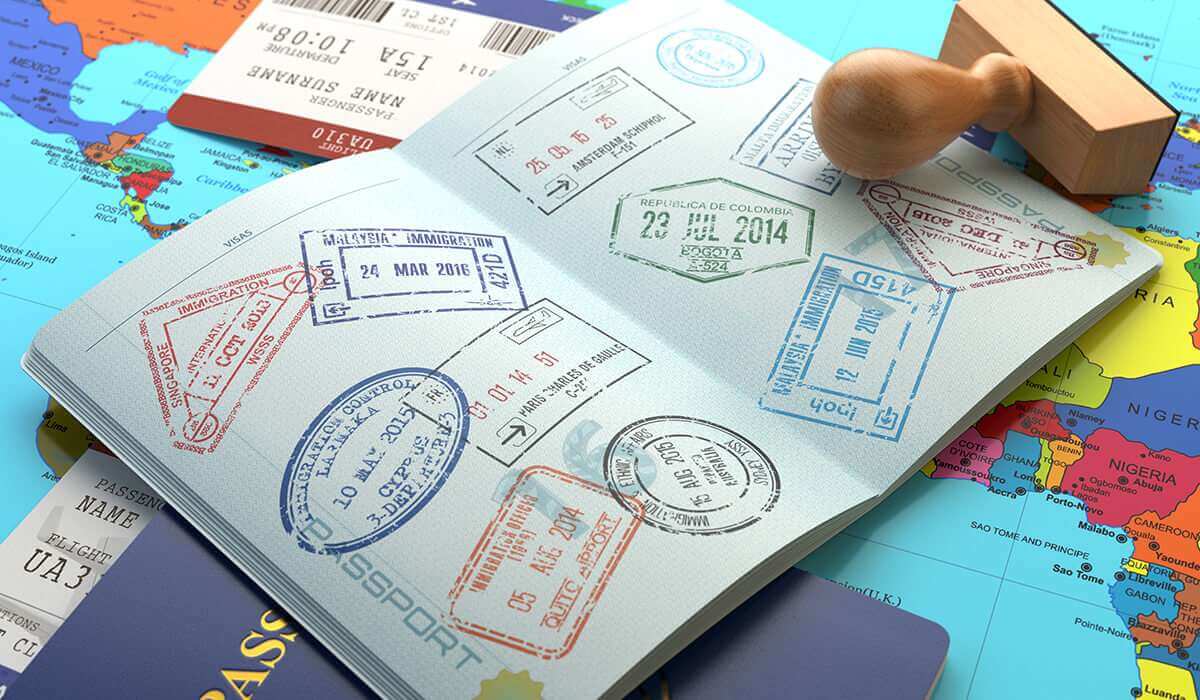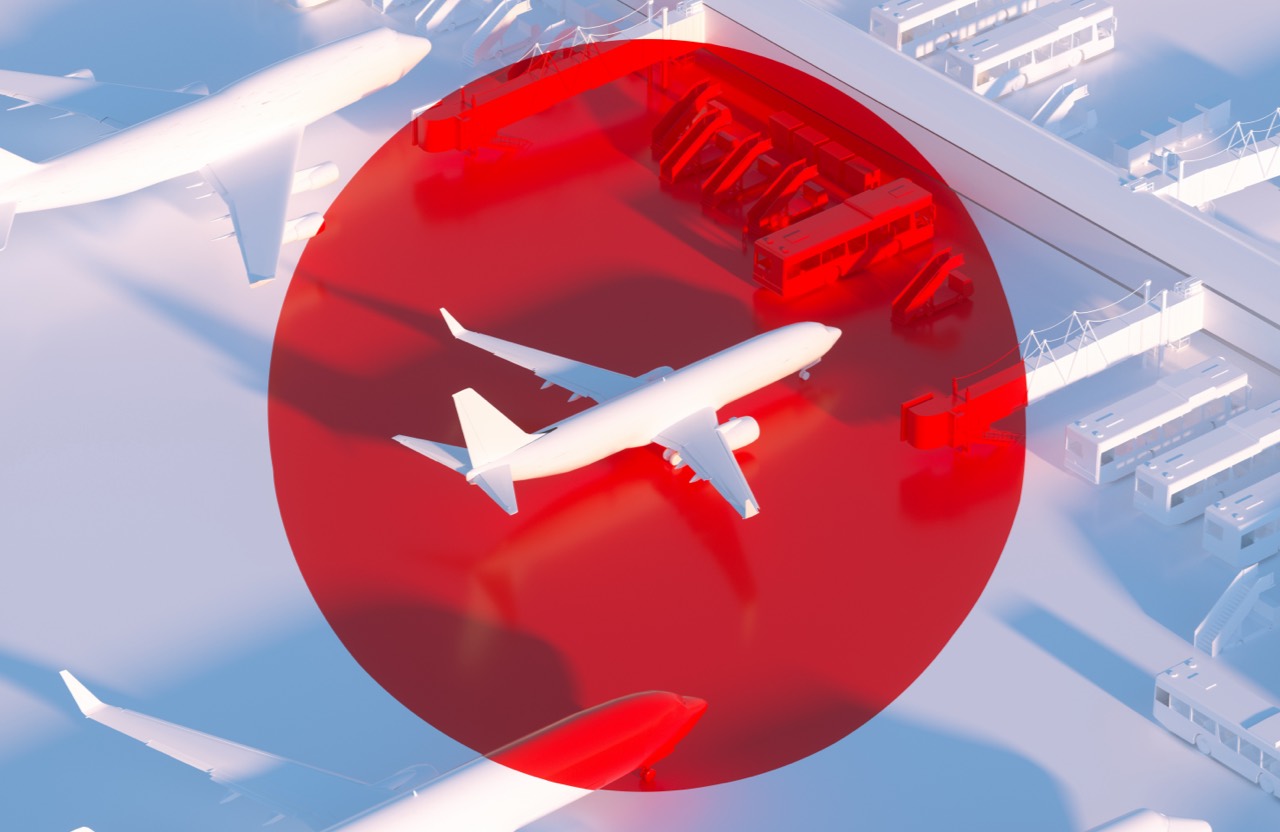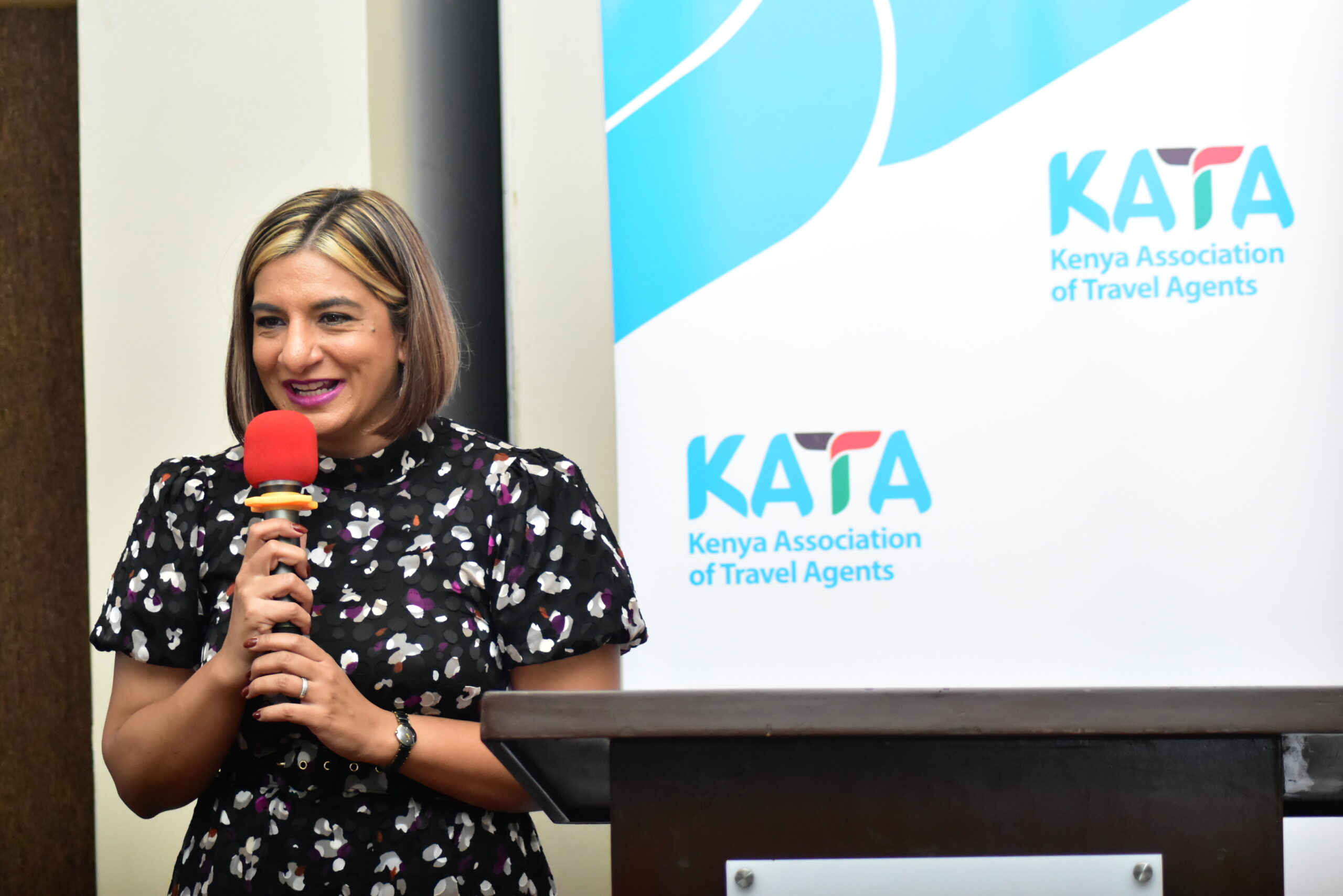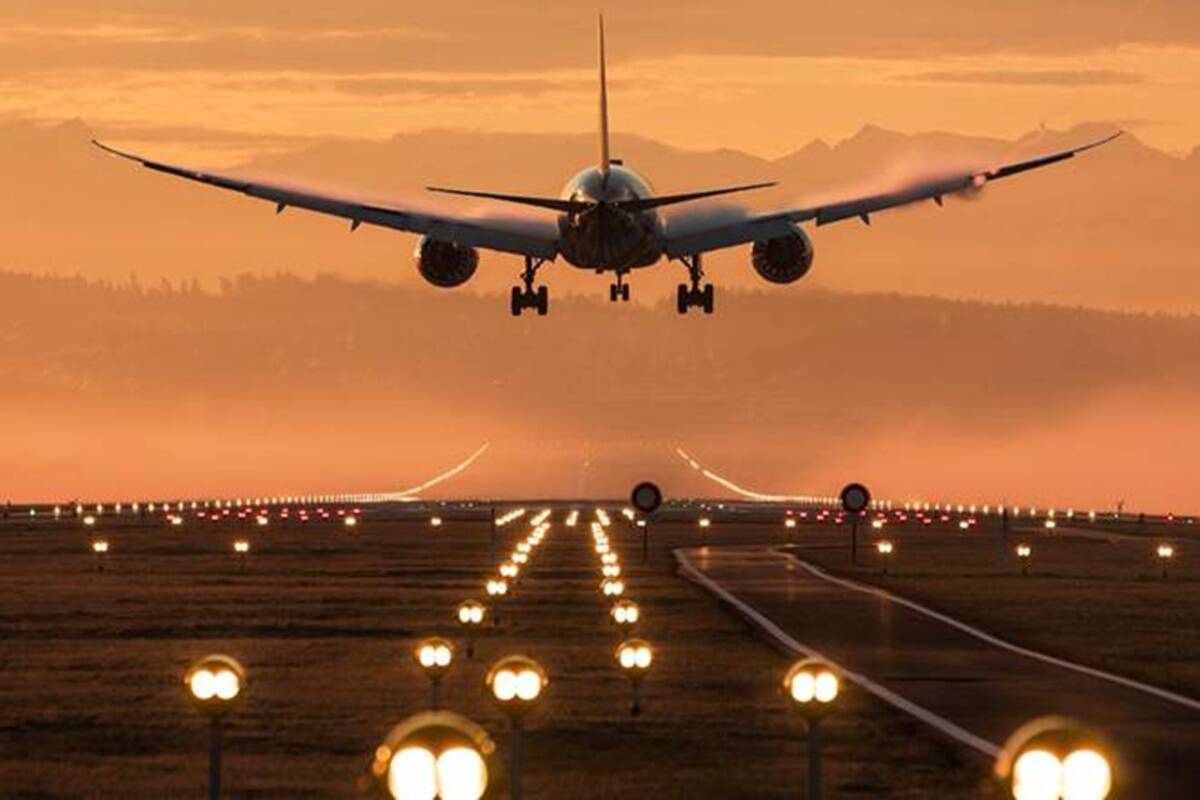The 2022 Africa Visa Openness Index (AVOI) report shows African countries making progress in their freedom of travel policies, most of which had been severely curtailed by the Covid-19 crisis.
The annual publication, prepared by the African Development Bank Group in collaboration with the African Union Commission, is now in its 7th edition and was launched on Sunday on the sidelines of the 2022 African Economic Conference in Mauritius.
The report tracks visa policies adopted by African governments on three main criteria: whether entry to citizens from other African countries is visa-free, if a visa on arrival can be obtained, and whether travellers are required to obtain visas ahead of traveling to other African countries.
This year’s report underlines the impact of the Covid-19 pandemic in the last two years (2020 and 2021) during which most countries restricted movement, both domestically and for international travel. Restrictions on international travel ranged from closing entire borders to quarantines, screening measures, and bans on visitors from countries deemed “high risk.”
Domestic restrictions included a gamut of measures such as prohibitions on travelling between provinces, bans on non-essential movement, curfews, and rules that limited gatherings.
The 2022 report reflects on renewed signs of progress: 10 countries have improved their visa openness score over the past year, and visa openness on the continent now exceeds that recorded during the year prior to the Covid-19 pandemic and is in line with the peak score achieved in 2020.
Progressive visa policies that increase visa-free entry or to visa on arrival policies, will ensure that this positive trend continues. The use of technology and a greater adoption of e-Visa systems will help fast-track the ease at which travellers can cross borders.
Highlights of the 2022 Africa Visa Openness Index
African travel has become more open to African citizens in 2022, with fewer restrictions overall. There is now an even split between travel that is visa free, and travel where a visa may be obtained on arrival at the destination country.
- Three countries—Benin, The Gambia and the Seychelles—offer visa-free entry to Africans of all other countries. In 2016 and 2017, only one country did so.
- 24 African countries offer an eVisa—5 more than five years ago.
- 36 countries have improved or maintained their Visa Openness Index score since 2016.
- 50 countries have maintained or improved their Visa Openness Index score relative to 2021, usually after removing some of the visa policy restrictions implemented during the pandemic.
- 48 countries out of 54—the vast majority of African countries—now offer visa-free travel to the nationals of at least one other African country.
- 42 countries offer visa-free travel to the nationals of at least 5 other African countries.
Interestingly, lower income countries account for a large share of the countries that make up the top-20 ranked countries in 2022 with liberal visa policies: 45% of countries in the top-20 on the index are classified as low-income countries, while a further 45% of countries are classified as lower middle-income.
EVisas allow prospective travelers to apply for a visa from the comfort of their home or workplace ahead of travel, streamline the application process reduce time at borders, provide a greater measure of certainty ahead of travel, reduce the need to submit a passport for processing to consular offices, and make travel safer and more secure.
African Union Commission Deputy Chairperson Dr. Monique Nsanzabaganwa said: “This edition links free movement to the development of regional value chains, investments, trade in services and the AfCFTA. There is greater recognition that human mobility is key to Africa’s integration efforts.”
African Development Bank Group Acting Vice President in charge of Regional Development, Integration and Business Delivery Marie-Laure Akin-Olugbade, remarked: “The Africa Visa Openness Index has been tracking visa openness as a measure of the freedom of movement since 2016. This year’s edition—the seventh—shows many African countries having greatly simplified their visa regime over the past year.”
The 2022 edition of the Report showcases three countries that have made the most progress in their visa openness, namely Burundi, Djibouti and Ethiopia. Ethiopia in particular has risen several places on the index to regain her position in the continent’s top 20 performers after removing the temporary measures instituted in 2021.
In an innovation, the report provides an analysis of free movement of persons at regional economic community level in Africa. The Economic Community of West African States (ECOWAS) and the East African Community are the most open communities, with ECOWAS hosting eight of the top ten countries.
Commenting on the report, African Development Bank Group Acting Director in charge of the Regional Integration Coordination Office Jean-Guy Afrika, said: “The Africa Visa Openness Index has tracked the evolution of visa regimes on the African continent from before the pandemic to today. As the 2022 report shows, African countries are dismantling many of the measures imposed during the pandemic. Indeed, on the whole, the continent has returned to a level of visa openness last seen just before the pandemic began.”
Some key statistics:
- For 27% of intra-Africa* travel, African citizens do not need a visa, up from 25% in 2021.
- For 27% of intra-Africa* travel, African citizens can obtain a visa on arrival, up from 24% in 2021.
- For 47% of intra-Africa* travel, African citizens are still required to obtain a visa before travelling, an improvement of the 51% in 2021.
*Intra-Africa travel refers to travel by African citizens between African countries.
Source: AfDB







